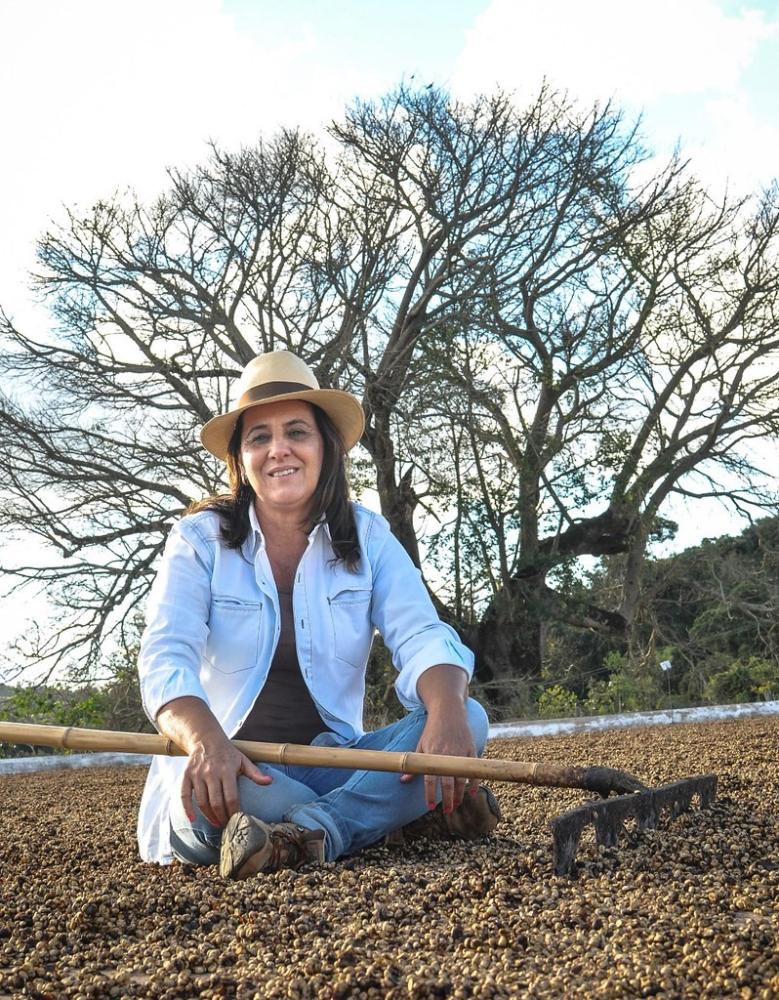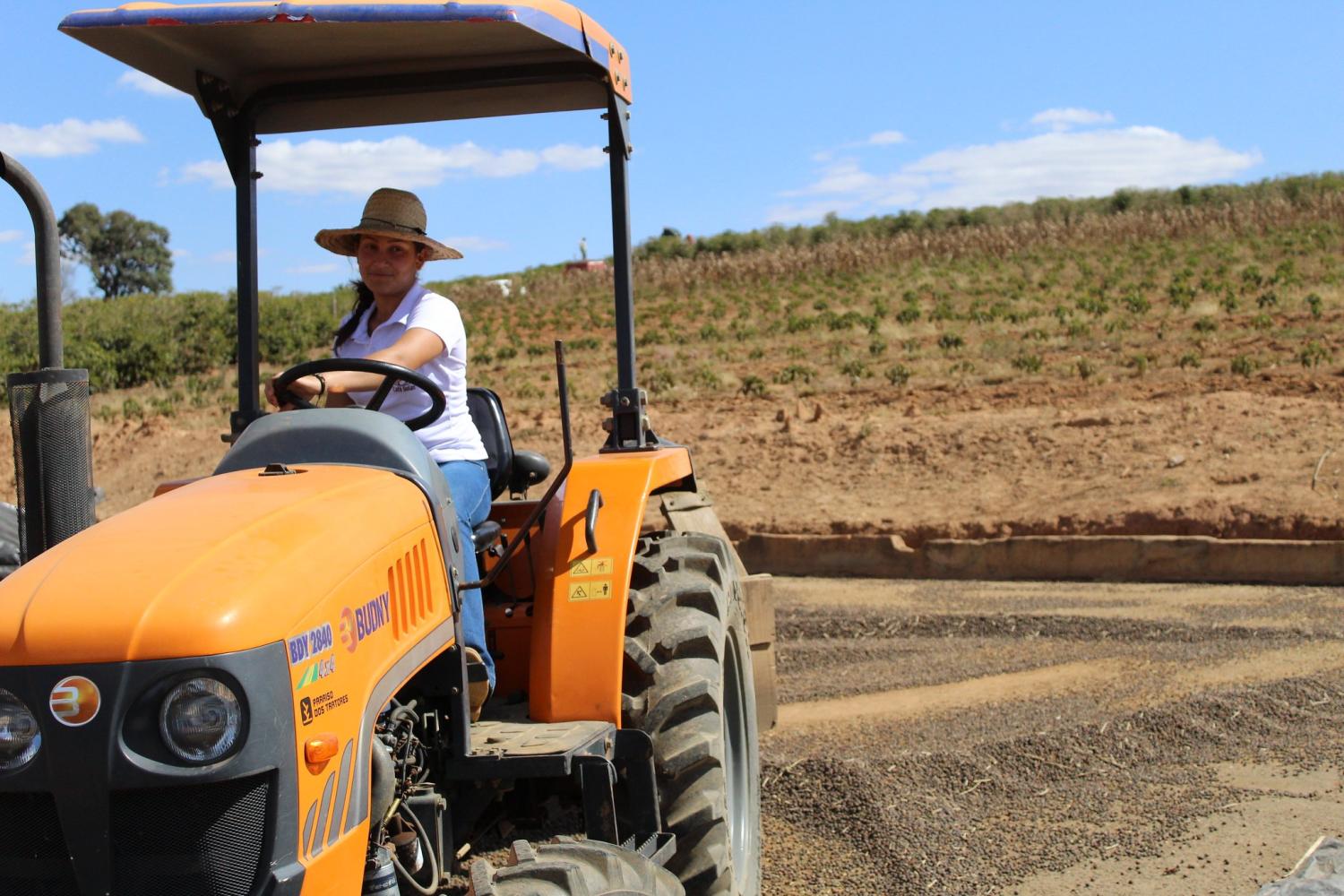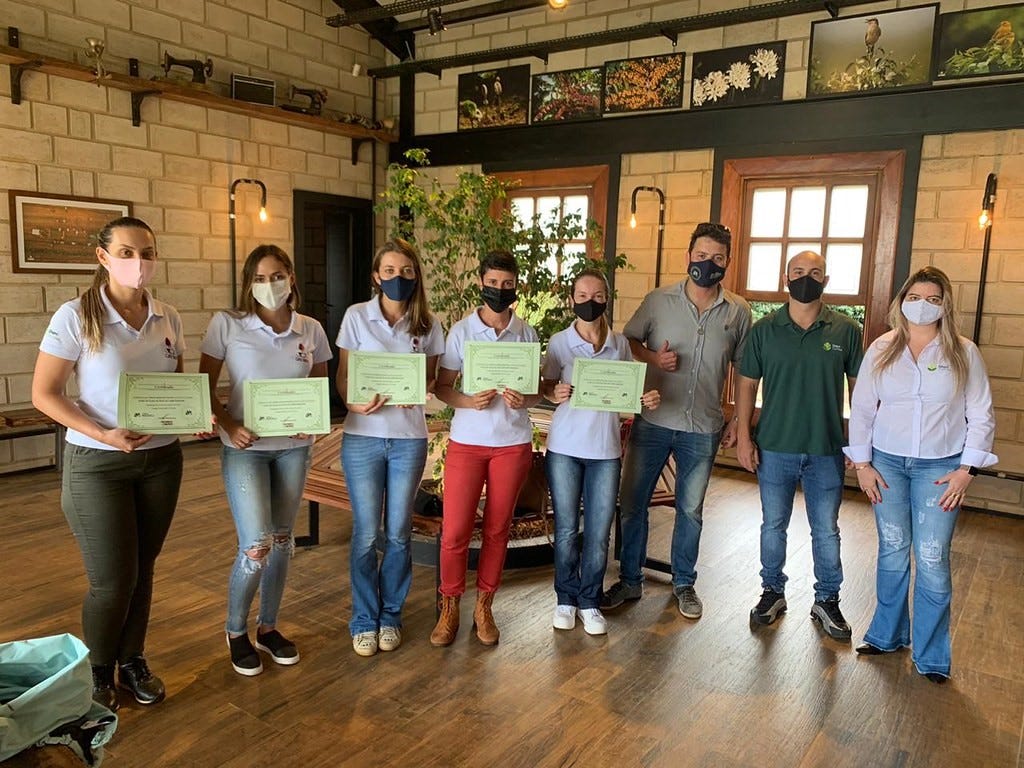Cafe Delas - Creating Equity and Building Capacity for Women Growing Coffee
“You cannot easily fit women into a structure that is already coded as male; you have to change the structure.”
-Mary Beard
Although women make up as much as half of the agricultural workforce worldwide[1] and, in most sectors, do the majority of the hardest work, they rarely participate in the business of agriculture to a degree that reflects their contribution. With relatively few exceptions, all key aspects of coffee as an agricultural endeavor around the world are owned and/or controlled by men. Stakeholders correctly observe that the circumstances of women in coffee production are complex, deeply structural, and often rooted in cultures where social transformation is slow. Nevertheless, to be excluded from opportunity and denied rights because of gender is a simple and outright injustice that calls for constant change, however challenging and incremental.
Café Delas coffees from Covoya Specialty Coffee seek to meet this challenge and participate in change.

According to the Food & Agriculture Organization of the United Nations (FAO), if women farmers had the same access to resources as men, the number of hungry people in the world could be reduced by up to 150 million due to productivity gains; and women reinvest up to 90% of their earnings back into their households – spending more money on nutrition, food, healthcare, school, and income-generating activities – helping to break the cycle of intergenerational poverty.
“Providing girls and women with equal educational opportunities, medical care, legal rights and political representation is not only socially just, but one of the best possible investments in development for all people.” -UN Human Development Report, 2010
And yet, in most coffee farming communities around the world, women participate in the effort[2] but not the economics. Men own the land and the means of production. Men are members of cooperatives or other means of governance that impact life around coffee. Men receive agricultural and business training, access to credit and other farming resources, and are the primary actors within the value chain. Even in cases where they have little involvement in the physical labor, men make the important decisions, receive payments for the coffee and control finances.
The need for change has long been recognized by consumers and women produced products, including coffee[3], have been marketed for decades. In 2012 the imperative need for change was brought into the realm of metrics when the United States Agency for International Development (USAID) created the Women’s Empowerment in Agricultural Index (WEAI), which seeks to measure and evaluate the influence and inclusion of women in any given agricultural context.

The WEAI can be used to both establish baselines and then evaluate impacts around, ideally, “a market systems and gender responsive approach that integrates social and behavior change.” The Index seeks to diagnose disempowerment and suggest interventions in five “domains” deemed critical to creating equity and building capacity for women in agriculture:
Decision-Making Over Production: Defined as an individual having sole or joint decision-making over farming and autonomy in agricultural production.
Access to Productive Resources: Defined as ownership and access to and decision-making power over productive resources such as land, equipment, consumer durables and credit.
Control Over Use of Income and Expenditures: Defined as an individual having sole or joint control over income and expenditures.
Group Participation and Leadership: Defined as membership in economic or social groups and comfort with speaking in public.
Time Allocation: Defined as the allocation of time to productive and domestic tasks and satisfaction with the available time for leisure activities.
CovoyaSpecialty Coffee has adopted these five realms as central to identifying a path to equity for women in coffee production and as passkeys for coffee included in our Café Delas program, first established in Brazil and now being developed in other coffee growing regions. However, capacity building must include increased agency alongside changes to structure. Access to resources, for example, can be unhelpful and even a hindrances if those given access do not know how to use the resources. Good decision making around farming and production requires continuous education in order to capture and incorporate ongoing innovations in addition to farming fundamentals. Traditionally, in most countries, government agricultural agencies have provided education to farmers through “extension services” and field schools; and, traditionally, extension services have targeted men and been unwelcoming to women.

Café Delas does not simply search for circumstances where women are the decision makers behind a coffee. Covoya actively provides outreach and education to women involved in coffee to equip them for being decision makers. Café Delas actively participates in facilitating access to resources for women coffee farmers and requires that women in the Café Delas program are involved in leadership, have a voice in the community, and are paid directly for the coffee they bring to market.
The Café Delas program aligns with the intentions behind the WEAI, the recommendations put forth by the Specialty Coffee Association (SCA) in its white paper, Gender Equality and Coffee: Minimizing the Gender Gap in Agriculture, findings within the International Coffee Organization report Gender Equality in the Coffee Sector, guidelines from the Partnership for Gender Equity’s Accelerating Gender Equity in Coffee Value Chains, and the mission of the International Women in Coffee Alliance (IWCA).
Delas in Detail
- Café Delas coffee comes from farming operations owned by women.
- Café Delas women coffee farmers are included as business proprietors in all Covoya accounting, vendor management, and Commodity Trade and Risk Management systems.
- All Covoya sourcing related systems contain gender traceability.
- Café Delas women coffee farmers are paid directly for their coffee.
- Beginning with Café Delas’ expansion into other regions, bags of green Delas coffee will be readily identifiable through differentiating color, design, or both.
- Café Delas coffee is sold at a 5 cent premium which is shared with the women in cash and or equipment and training to increase quality (in both the cup and the farm practices).
Following a 2015 collaboration with IWCA designed to promote gender equity in coffee farming communities, Covoya understood that a deeper committment was needed and Cafe Delas was born. The program proved successful in Brazil, popular among producers and customer alike. Now, preprations have begun to established Cafe Delas in other coffee producing regions where Covoya has a significant presence, including Guatemala, Colombia, Mexico and Peru.
Brazil Café Delas from Covoya Specialty Coffee on Vimeo.
[1] Women make up much more than 50% of the agricultural workforce in many countries and are rarely less than 40% (FAO).
[2] 70% of the labor according to the International Coffee Organization (ICO)
[3] Café Femenino | Women Care Certified | Café con Manos de Mujer | Red de Mujeres



